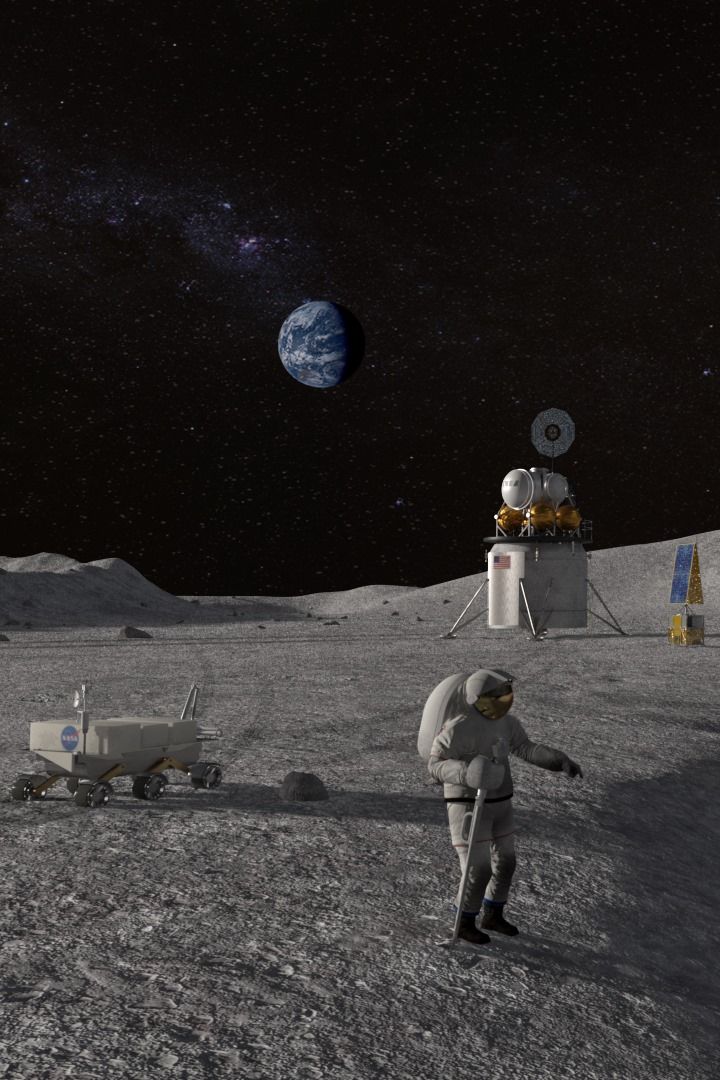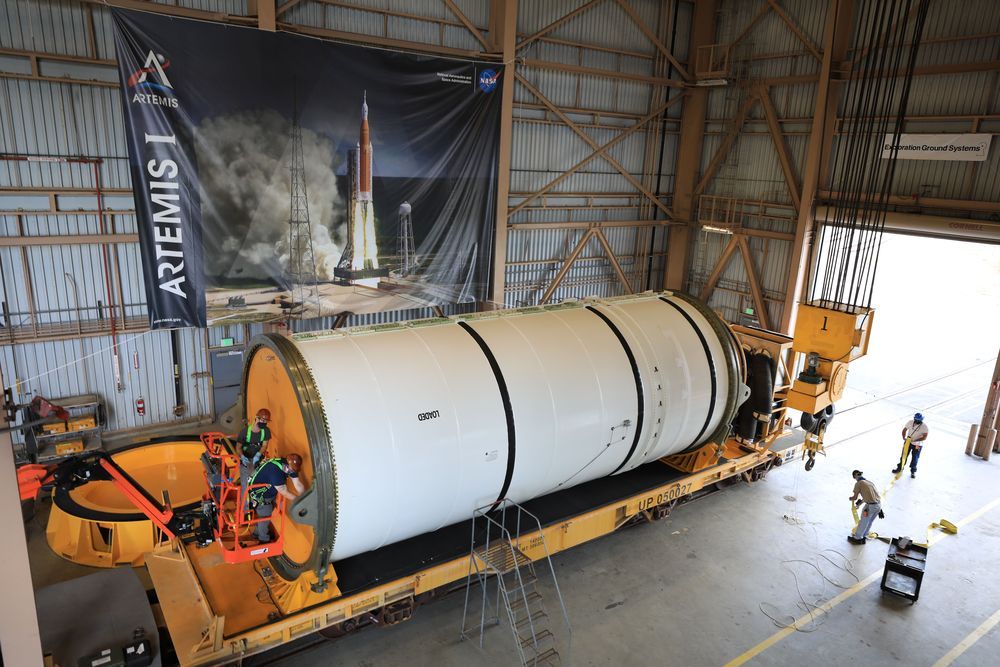Take a sneak peek at our agenda: https://go.nasa.gov/31JrSyi?fbclid=IwAR1QTlNK9Q2QjgbHR5GYaCw…4ECrtpbCDM


Take a sneak peek at our agenda: https://go.nasa.gov/31JrSyi?fbclid=IwAR1QTlNK9Q2QjgbHR5GYaCw…4ECrtpbCDM

OpenAI’s new language generator #GPT-3 is shockingly good—and completely mindless: https://bit.ly/3kphfsX
By Will Douglas Heavenarchive page from MIT Technolgy Review
#AI #MachineLearning #NeuralNetworks #DeepLearning
“Playing with GPT-3 feels like seeing the future,” Arram Sabeti, a San Francisco–based developer and artist, tweeted last week. That pretty much sums up the response on social media in the last few days to OpenAI’s latest language-generating AI.
OpenAI first described GPT-3 in a research paper published in May. But last week it began drip-feeding the software to selected people who requested access to a private beta. For now, OpenAI wants outside developers to help it explore what GPT-3 can do, but it plans to turn the tool into a commercial product later this year, offering businesses a paid-for subscription to the AI via the cloud.



Individual frequency can be used to specifically influence certain areas of the brain and thus the abilities processed in them — solely by electrical stimulation on the scalp, without any surgical intervention. Scientists at the Max Planck Institute for Human Cognitive and Brain Sciences have now demonstrated this for the first time.
Stroke, Parkinson’s disease and depression — these medical illnesses have one thing in common: they are caused by changes in brain functions. For a long time, research has therefore been conducted into ways of influencing individual brain functions without surgery in order to compensate for these conditions.
Scientists at the Max Planck Institute for Human Cognitive and Brain Sciences in Leipzig have taken a decisive step. They have succeeded in precisely influencing the functioning of a single area of the brain. For a few minutes, they inhibited exactly the area that processes the sense of touch by specifically intervening in its rhythm. As a result, the area that was less networked with other brain regions, its so-called functional connectivity, decreased, and thus also the exchange of information with other brain networks.
NR and NMN are popular ways to try to boost levels of NAD+, but that approach hasn’t worked every time in human studies. One reason for that may involve CD38, which degrades both NR and NMN. With the goal of boosting NAD+ levels during aging, why does CD38 increase with age, and what can be done about it? All that and more in this video!



The discovery has led to a new polymer that allows humans to integrate electronics into the brain after challenges with substances such as gold, steel and silicon resulted in scarring of organic tissue.
A major breakthrough in materials research may allow the human brain to link with artificial intelligence, it was announced at an American Chemical Society Fall 2020 event on Monday.
Scarring due to previously used materials can block electrical signals transmitted from computers to the brain, but University of Delaware researchers developed new types of polymers aimed at overcoming the risks.

A Sound Treatment
Ultrasound is an oddball in the neuromodulation world. Similar to its better-known siblings, such as transcranial direct current stimulation (tDSC) or transcranial magnetic stimulation (TMS), ultrasound changes how neurons fire, which in turn changes their computational output—what we observe as learning, memory, and other behaviors. This idea, dubbed neuromodulation, has taken the neurological world by storm for its near “magical” efficacy for treating people with depression who don’t respond to antidepressants, or people with Parkinson’s disease whose movement patterns are severely disrupted.
Compared to first-generation neuromodulation, where the brain-tweaking gadget is surgically implanted into the brain, ultrasound offers a way to “hack” neural firings from the outside. In a way, the technology uses sound waves to mechanically “shake” the neurons in a circuit back into sequence, so they function in sync as needed and control subsequent outputs like learning, thinking, memory, and decision-making.